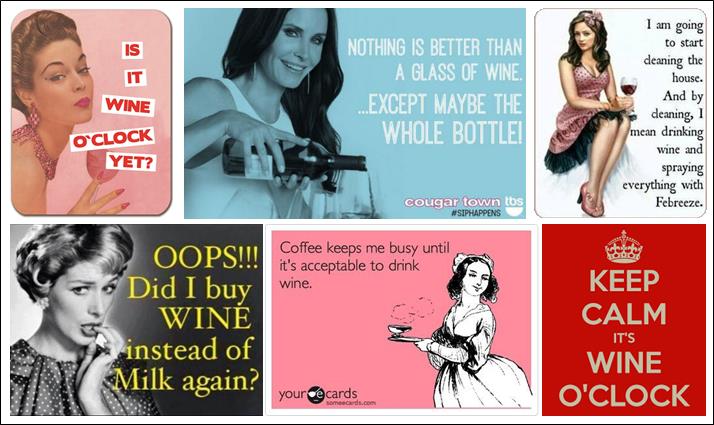© 2024. VERTEX Foods | All rights reserved
Is it BETTER to Drink Daily or Weekends only?
Is it better to DRINK DAILY but in moderation, or to abstain during the week + DO IT UP on the WEEKENDS?

ALL JOKES ASIDE, we decided to look at the SCIENCE…
WHAT HAPPENS IF YOU ONLY BINGE DRINK ON THE WEEKENDS?
Since alcohol acts as a DEPRESSANT, drinking a substantial amount in a relatively short time period can lead to alcohol poisoning, coma, or even death. When more alcohol is consumed at one time than the body can metabolize, the excess of alcohol builds up in the bloodstream, eventually causing suppression of vital functions like breathing and heart rate.
BINGE DRINKING (i.e. pounding four drinks if you’re a girl and five if you’re a guy in under two hours) boosts your risk for liver disease, which in turn damages other organs in the body, such as your heart, kidney, and brain. And you may be hitting that threshold more often than you realize. One standard drink technically equals 12 ounces of regular beer, five ounces of wine, and 1.5 ounces of hard (80-proof) liquor—meaning a couple of hefty pours at happy hour can add up fast.
What’s more, binge drinking could also lead to scary stuff like accidents, memory problems, or alcohol addiction. Research also suggests that binge drinking may lead to insomnia symptoms, a higher risk of injury for women in particular (so that explains those mystery bruises), and an earlier risk of stroke—just to name a few.
On top of that, alcohol is not called “liquid courage” for no reason. Alcohol’s been shown to make you more impulsive, so you may be more prone to sending texts you’ll later regret, (hookups you may later regret,) and unhealthy late-night bites.
And those hangovers that you used to be able to nap away in your college dorm room or throw on some sweats and head out to a “hangover breakfast” with your besties…not so cool anymore…or as easy to get over.
WHAT HAPPENS IF YOU DRINK DAILY BUT IN MODERATION?
Having one drink or half a drink fairly regularly does seem to reduce the risk for heart attack, stroke, and diabetes, according to numerous research studies. Drinking moderately may also boost your brain health—one study suggests that it helps protect against dementia.
And it may up your dating game too: Having a single glass of wine (but no more) may make you appear more attractive to other people—seriously, it’s science!
BUT you may not be currently reaping many of the health benefits…it all depends on your AGE! According to the latest research, the main benefits of alcohol occur in middle age or older. WOO HOO there IS a benefit to getting older FINALLY! That’s because people in their 20s and 30s generally don’t have to deal with conditions like heart disease, stroke, and other complications that can improve from moderate alcohol intake.
THAT BEING SAID, even light or moderate drinking may not be for everybody, like women with a strong history (whether personal or family) of breast cancer. Even one drink per day may boost a woman’s risk for the disease, according to a recent study.
Another study found that moderate drinking (one to two drinks daily) led to an increased risk of a-fib, a heart condition associated with stroke and heart attack. (Liquor was associated with the greatest risk, followed by wine, but beer consumption had no association.)
One last cause for concern? You find yourself using your daily drink of choice as an Rx for recurring mood or anxiety issues. If you think that could be the case, it’s recommended that you see a mental health expert.
THE CONCLUSION…
Well I think it’s safe to say that getting SLOPPY regularly on the weekends is NOT the answer! Sorry Party People…there’s just no research there to help you out! As far as your overall health and wellness goes, drinking a little on a daily basis trumps being good all week, only to get trashed on a Saturday night.
THE BEST GAME PLAN: Stick to drinking in moderation (one drink a day for women, two drinks for men) and avoiding binge drinking. Also consider your own health and addiction history and family background, as well as know what triggers you to start making bad decisions that could spiral out of control. AGAIN, moderation is about living a LIFESTYLE that includes indulgences when appropriate. Just remember to always be SAFE, and make the best decisions that will benefit you both NOW and for your long-term health and well-being!
